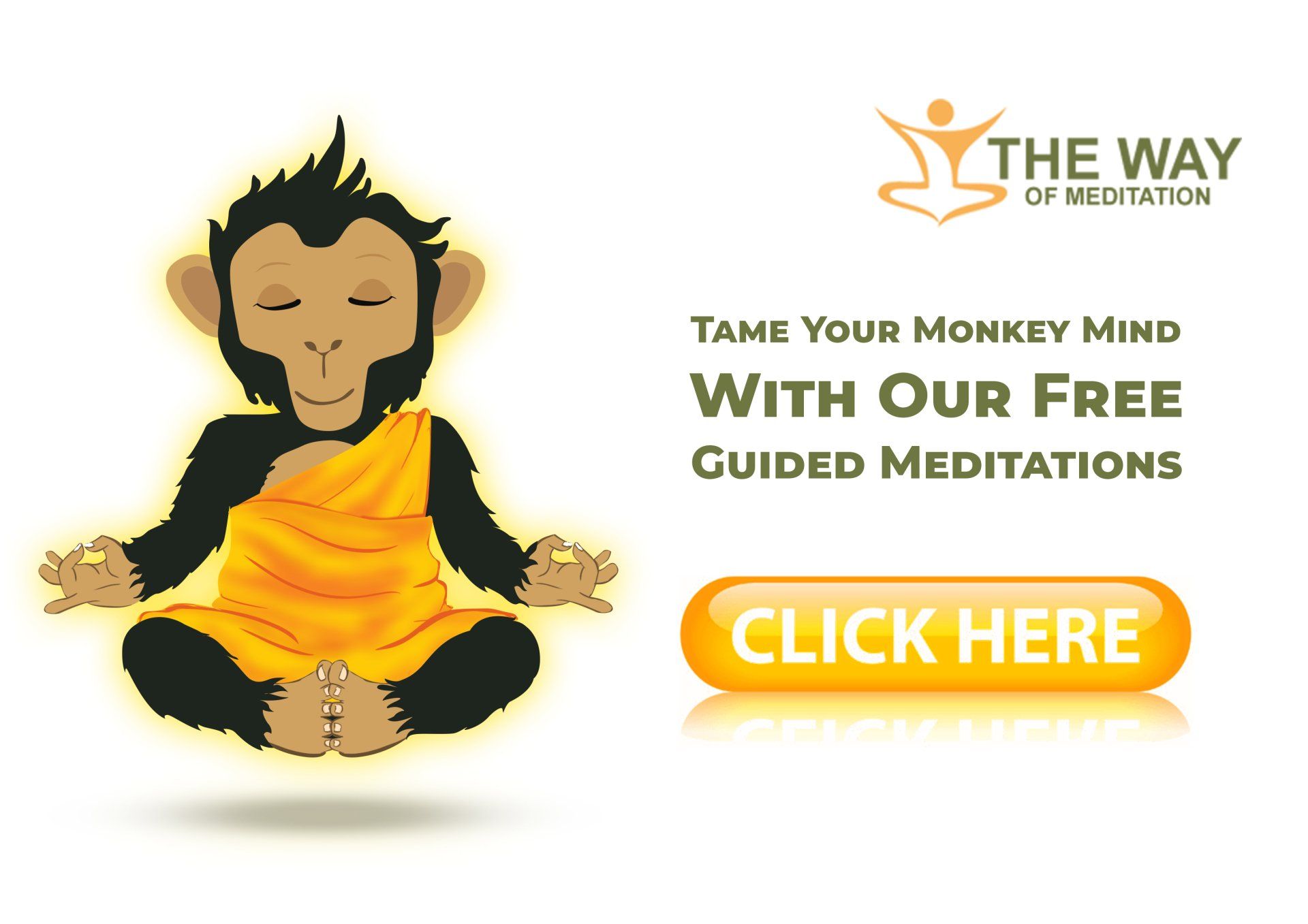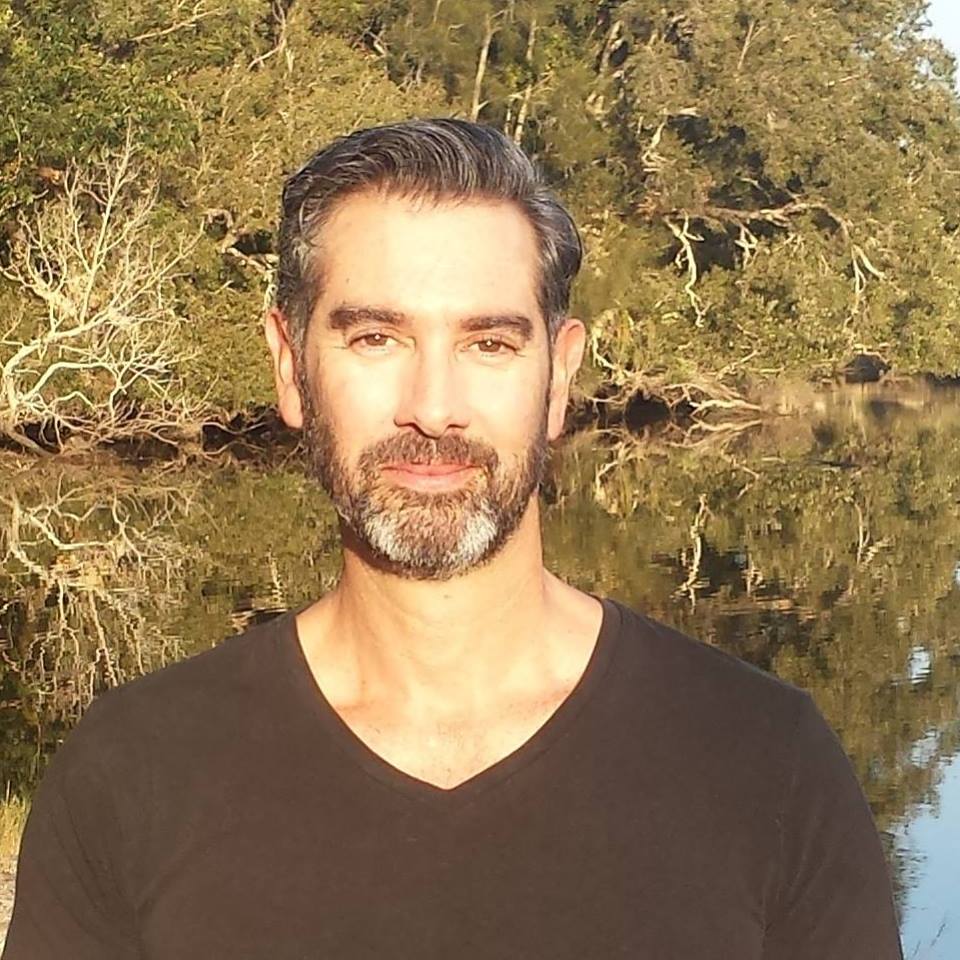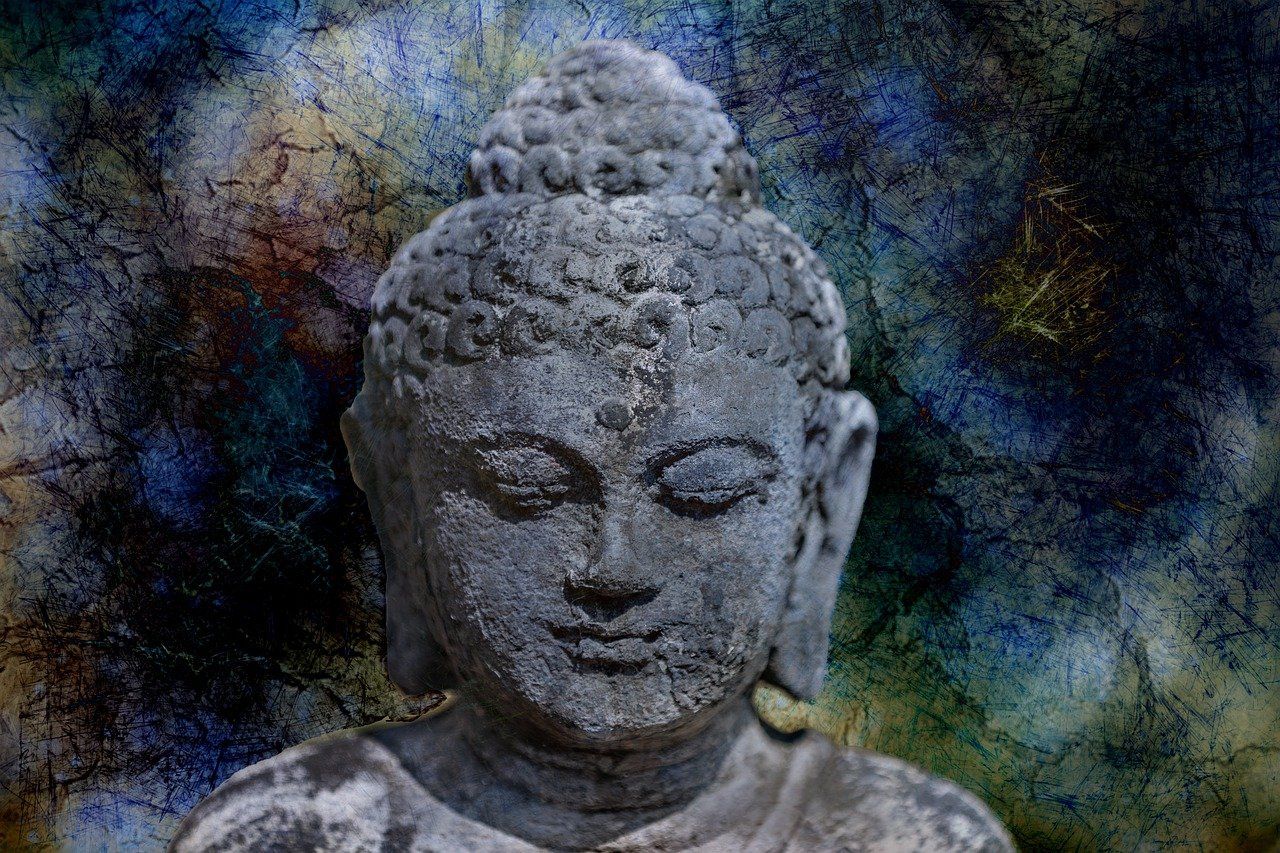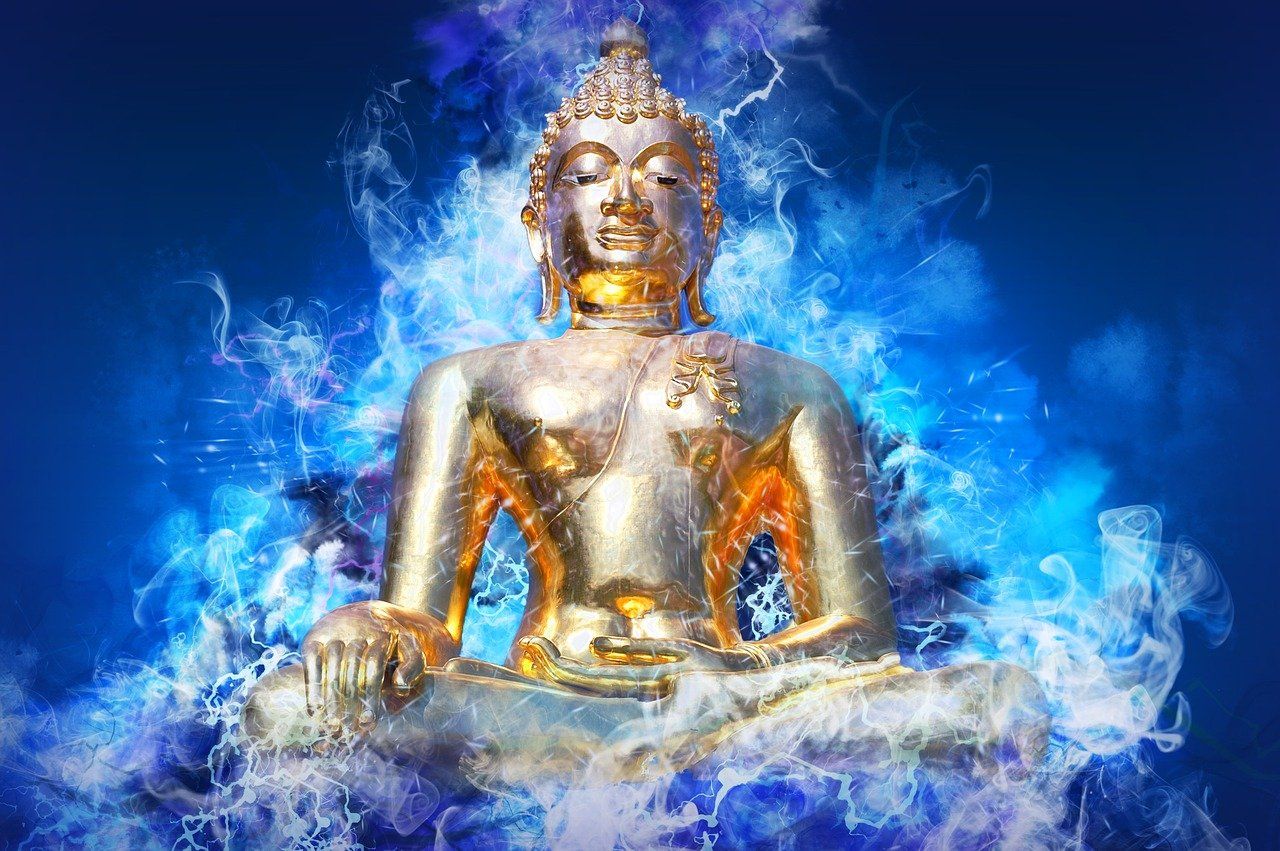The Dalai Lama Turns Modern Science On Its Head With This One Question
Mind Science
Buddhism is more than just one of the world’s major religions it has a rich history of philosophy, psychology and metaphysics which have enriched the views of the scientists as much as the Dalai Lama has been deeply affected by modern science. The Dalai Lama has even made such radical statements as whatever in our religion does not accord with science should be discarded. Quite a huge thing for a religious leader to say but emphasises his commitment to reason and logic.
Now with thousands of studies being done on meditation methods the Dalia Lama has his own evidence that Buddhist practises work and are not merely beliefs or superstitions. A prominent Buddhist monk has even been declared the world’s happiest man.
But that’s not the statement that’s turning modern science on its head because it can easily fit in with current scientific models if not expand on them. The question that can turn science up-side-down was asked when the Dalai Lama was discussing consciousness with the best neuroscientists in the world and he said:
“What if the brain comes from consciousness instead of consciousness coming from the brain?”
Further and deeper still is the esoteric Buddhist idea that there is a universal field of consciousness at the base of the individual’s personal stream of consciousness. The person becomes a fully enlightened being when they realise their substantial identity as the universal field of consciousness or Buddha Nature and stops being attached to and identifying with insubstantial incarnations of physical form.
The idea that consciousness is fundamental to reality rather than physical mass is not a new theory it is known as panpsychism, ‘pan’ means everything, ‘psych’ means mind, essentially everything has consciousness and comes from consciousness.
Panpsychism is one of the oldest philosophical theories, and has been ascribed to philosophers like Thales, Plato, Spinoza, Leibniz and William James. Panpsychism can also be seen in ancient philosophies such as Stoicism, Vedanta and Mahayana Buddhism. During the 19th century, panpsychism was the default theory in philosophy of mind, but it saw a decline during the middle years of the 20th century with the rise of logical positivism. The recent interest in the hard problem of consciousness has once again made panpsychism a widespread theory.
Hopefully there will be continued integration of ancient spiritual wisdom and modern science so humans can crack the code and understand our own existence comprehensively. The answers won’t be easy and may blow wide open concepts of reality that we all accept as true.
Change in opinions has always been a slow process in human history. Until then, as the Dalai Lama constantly preaches, let’s make understanding each other’s views and loving kindness toward each other the main way we communicate and interact. With open dialogue and respect for each other we can move toward understanding the universe in a peaceful and unified way.
Written by Chad Foreman
Chad Foreman is the founder of The Way of Meditation, has been teaching meditation since 2003, determined to bring authentic meditation practices into the lives of millions of people in the modern world. Chad is a former Buddhist monk who spent 6 years living in a retreat hut studying and practicing meditation full time and has now has over twenty years’ experience teaching meditation. Chad holds regular Meditation Retreats on the Sunshine Coast Australia, has Online Meditation Coaching, delivers three online programs - The 21 Day Meditation Challenge to help guide people gradually from the basics of mindfulness and relaxation to profound states of awareness. Breath-work to help manage stress and go deeper into meditation and The Bliss of Inner Fire which is a Buddhist tantric method for purifying energy blocks and contacting the clear light of bliss. You can also now get Chad's free e-book Insights Along the Way.
Get A FREE
Guided Meditation Series
with Chad Foreman













